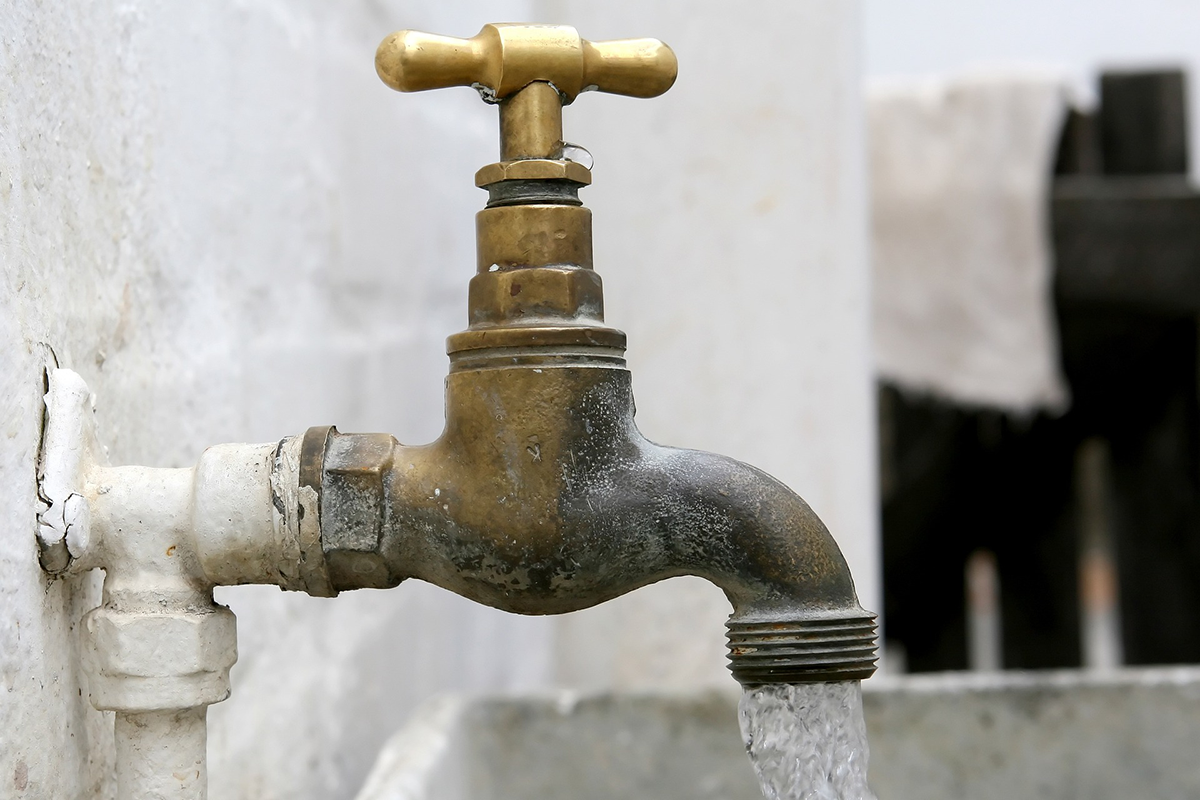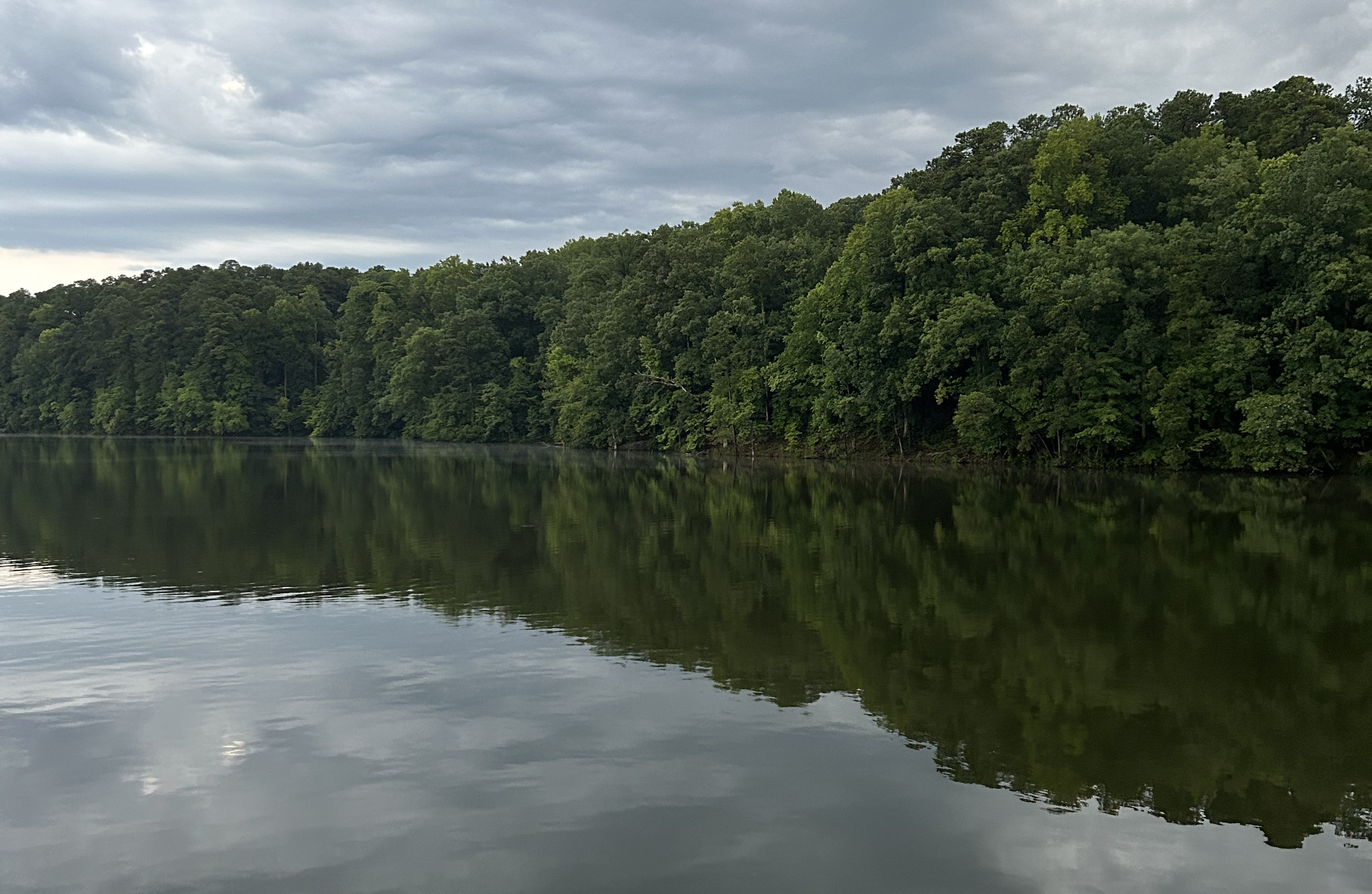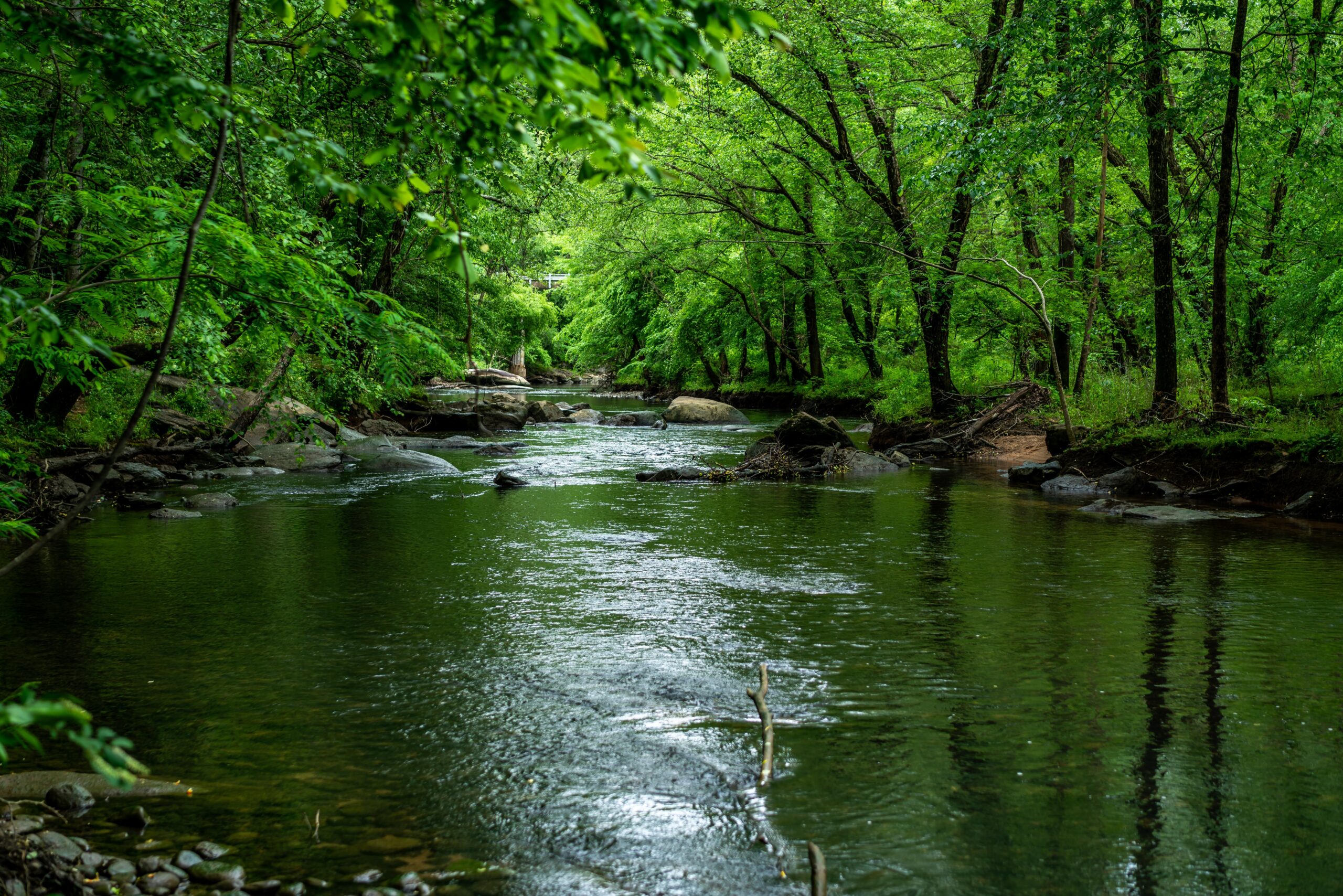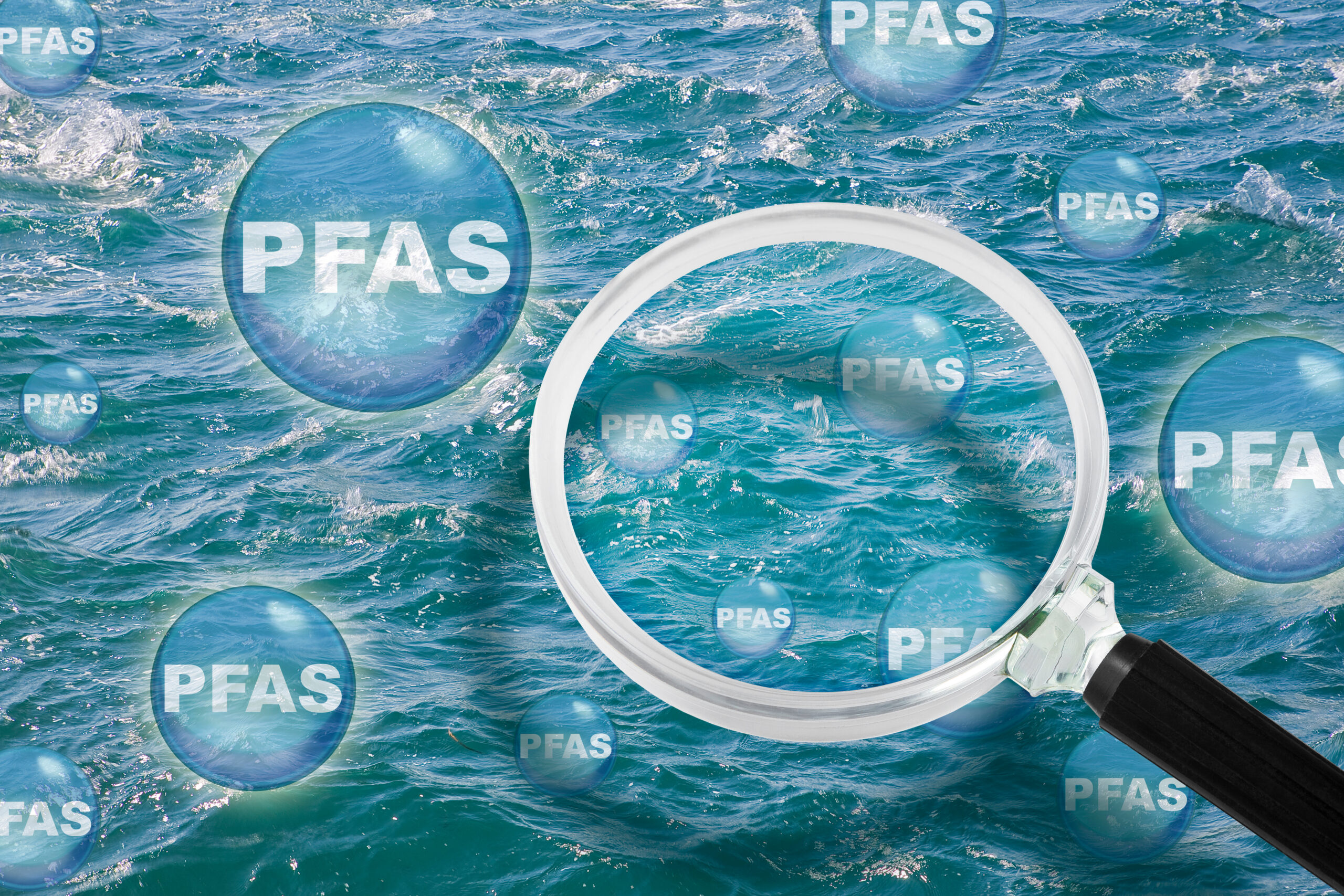NC WRRI Accepting Pre-Proposals for USGS 104(b) Research Funding

The North Carolina Water Resources Research Institute (WRRI), along with the U.S. Geological Survey 104(b) program, is requesting faculty pre-proposals and student full proposals for 2021-2022 water resources research and information-transfer projects. Faculty pre-proposals are due Tuesday, May 26, 2020, at 5 p.m. Student full proposals are due Monday, July 13, 2020. Faculty may apply for one- or two-year projects and students may apply for one-year projects.
This funding opportunity is designed to foster the exploration of new ideas to improve water supply reliability, expand understanding of water and water-related phenomena, as well as encourage new research scientists, engineers and technicians to enter into water resources fields. Researchers should be prepared to find ways to disseminate their research results to water managers and the public.
The program allows WRRI to collaborate with colleges, universities and other institutes in North Carolina that have demonstrated capabilities for research, information dissemination and graduate training. One of the goals of this research program is to develop a statewide program designed to resolve state and regional water and related land problems.
For the 104(b) program, WRRI has a particular interest in research aiming to improve water supply reliability and research studying novel ideas for addressing water issues and phenomena. Grant recipients may also work together with the Urban Water Consortium (UWC) and Stormwater Consortium (SWC) to apply research to water and wastewater utilities and North Carolina’s municipal stormwater programs.
Research Priorities
The program’s first research priority covers innovative non-point source pollution control approaches and research, mitigating pollution impacts in environments, and pollutant removal processes and credits.
Innovative non-point source pollution control approaches could include, for example, green stormwater infrastructure; low-impact development; nature-based strategies; and other innovative control measures, practices, and policies that mitigate stormwater runoff and non-point source pollution from lands and impervious surfaces.
Drinking water, wastewater and water infrastructure make up the program’s second research priority. WRRI is particularly interested in research addressing drinking water risks and uncertainties, customer behavior and utilities relations, alternative drinking water sources, and innovative technologies and processes that can be applied to utilities.
The third research priority tackles groundwater availability and quality issues. Understanding how surface water and groundwater interact with each other and understanding how to manage these resources are key to supporting their sustainable use. Therefore, applicants are encouraged to conduct research filling knowledge gaps in these areas.
WRRI’s final research priority examines watershed management and the different variables – such as physical, hydrological, biological and community dynamics – impacting North Carolina watersheds.
WRRI encourages the participation of research scientists, engineers and technicians who are new to the water-resource field, as well as students and faculty from historically underrepresented backgrounds in the sciences.
Faculty and student researchers interested in applying for WRRI – USGS 104(b) program funding can find more information and the full RFP on our website.


